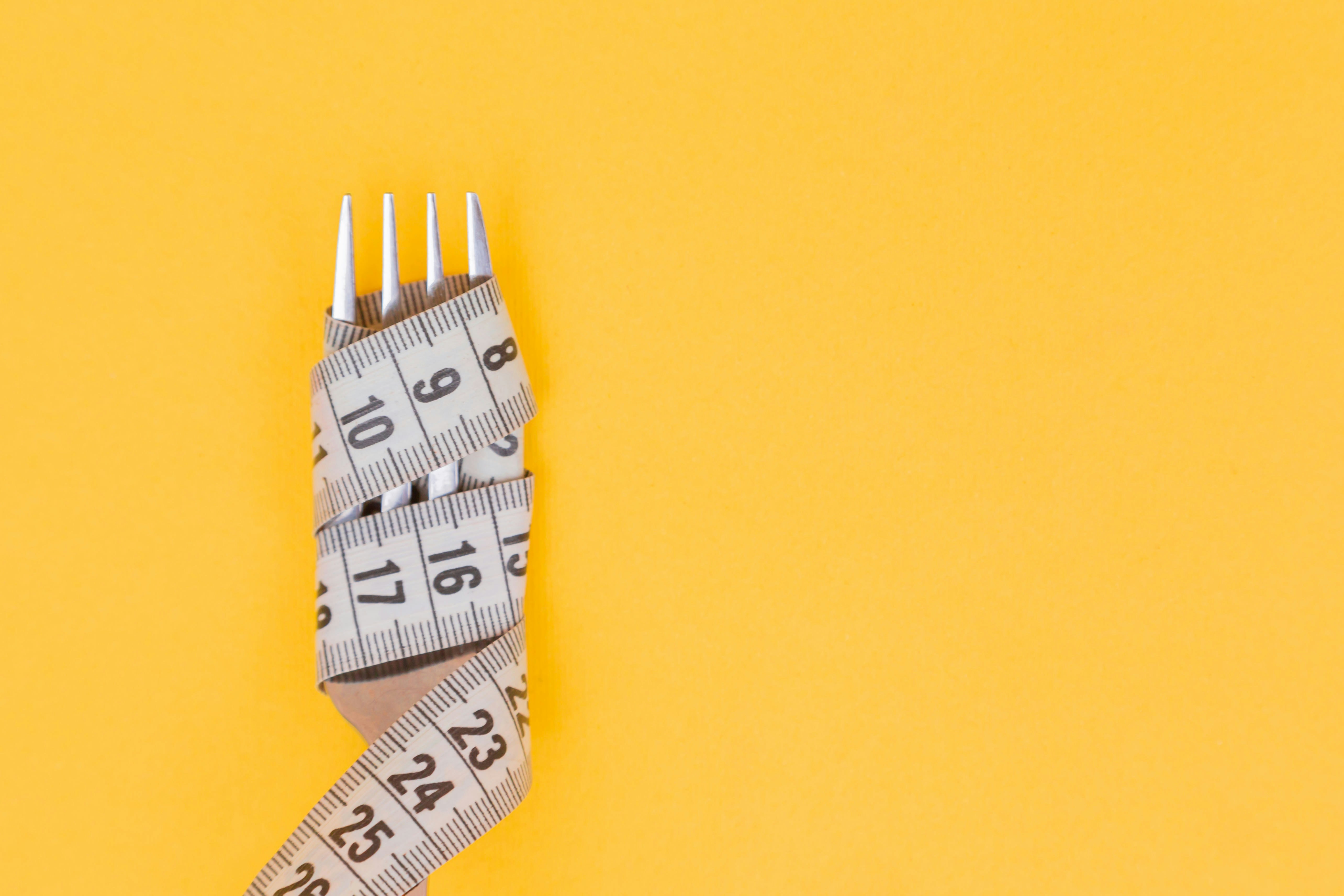Are Diet Pills Healthy
When it comes to weight loss, diet pills often seem like a quick solution. However, many people wonder if these pills are actually healthy. In this article, explore the ins and outs of diet pills, and discover whether they are a safe and effective option for reaching your weight loss goals. With a focus on your well-being, we aim to provide you with the information you need to make an informed decision about incorporating diet pills into your weight loss journey.
What are Diet Pills
Diet pills are a form of weight loss supplements that are designed to aid in the process of losing weight. These pills typically contain various ingredients, such as herbs, vitamins, minerals, and stimulants, that are believed to help suppress appetite, boost metabolism, and increase the rate at which the body burns fat. Diet pills can be purchased over the counter or prescribed by a healthcare professional.
Types of diet pills
There are several types of diet pills available on the market today, each with its own unique set of ingredients and mechanisms of action. Some of the most common types include appetite suppressants, fat burners, metabolism boosters, and diuretics. Each type of diet pill operates differently and may have varying effects on the body.
Mechanism of action
The mechanism of action of diet pills varies depending on the specific ingredients contained within the product. Some diet pills work by suppressing the appetite, making you feel full and reducing the overall amount of food you consume. Others function as fat burners, increasing the body’s ability to burn stored fat for energy. Metabolism boosters aim to increase the metabolic rate, while diuretics promote water loss through increased urine production. It is important to understand how each diet pill works to ensure it aligns with your weight loss goals and individual needs.
Effectiveness of Diet Pills
Weight loss claims
Many diet pills on the market make bold claims about their ability to facilitate significant weight loss. While some individuals may experience weight loss while taking diet pills, it is essential to approach these claims with caution. Weight loss is a complex process that is influenced by numerous factors, including diet, exercise, genetics, and overall health. Therefore, it is important not to solely rely on diet pills for weight loss but to incorporate them as part of a comprehensive weight management plan.
Research studies
Numerous research studies have been conducted to evaluate the effectiveness of diet pills in promoting weight loss. While some studies have reported modest weight loss results with certain diet pills, others have demonstrated limited to no significant effects. It is crucial to critically evaluate the scientific evidence available before considering the use of diet pills for weight loss.
Placebo effect
The placebo effect plays a significant role in the perceived effectiveness of diet pills. The belief that taking a diet pill will lead to weight loss can have a powerful impact on an individual’s mindset and motivation. It is essential to understand that diet pills alone are not a magic solution for weight loss. It is crucial to adopt a holistic approach that includes a healthy lifestyle, balanced diet, and regular exercise for long-term sustainable results.
Safety Concerns
Regulatory oversight
The regulation and oversight of diet pills can vary significantly between countries. In some regions, diet pills may be classified as dietary supplements, which allows them to be sold without undergoing the rigorous safety and efficacy testing required for pharmaceutical drugs. Lack of regulation can result in the availability of products that may not be safe or effective. It is important to research the regulations and laws in your specific jurisdiction before purchasing diet pills.
Potential side effects
Diet pills can potentially cause a range of side effects, depending on their ingredients and mechanisms of action. Common side effects may include jitteriness, increased heart rate, digestive issues, mood swings, and disturbances in sleep patterns. It is essential to carefully read the product labeling and consult with a healthcare professional to understand the potential side effects associated with a specific diet pill.
Long-term health risks
The long-term health risks associated with the prolonged use of diet pills are still not fully understood. Some ingredients found in diet pills, such as stimulants, can have adverse effects on the cardiovascular system and may increase the risk of heart problems. Additionally, the reliance on diet pills for weight loss may deter individuals from adopting healthier lifestyle habits, such as regular exercise and a balanced diet, which can have negative implications for long-term health.
Common Ingredients in Diet Pills
Caffeine and stimulants
Caffeine and other stimulants are commonly used in diet pills due to their ability to increase energy levels and boost metabolism. These ingredients can create a thermogenic effect that stimulates the body to burn more calories. However, individuals sensitive to caffeine may experience jitters, increased heart rate, and difficulty sleeping.
Appetite suppressants
Appetite suppressants are designed to reduce feelings of hunger and help control food cravings. They work by increasing the levels of neurotransmitters in the brain that signal fullness. Common ingredients in appetite suppressants include hoodia gordonii, glucomannan, and 5-HTP. It is important to note that long-term use of appetite suppressants can potentially lead to nutrient deficiencies and disrupt the body’s natural hunger cues.
Fat burners
Fat burners aim to increase the body’s ability to burn stored fat for energy. They often contain ingredients such as green tea extract, Garcinia cambogia, and conjugated linoleic acid (CLA). While some studies suggest that these ingredients may have a small impact on fat metabolism, the overall effectiveness of fat burners in achieving significant weight loss remains uncertain.
Metabolism boosters
Metabolism boosters are diet pills that claim to increase the body’s metabolic rate, thereby enhancing calorie burning and weight loss. Common ingredients found in metabolism boosters include caffeine, green tea extract, and cayenne pepper. While these ingredients may have a temporary effect on metabolism, the long-term impact on weight loss is not well-established.
Diuretics
Diuretics are substances that promote increased urine production and water loss. While they may temporarily reduce bloating and water weight, diuretics do not contribute to actual fat loss. Diuretics should only be used under the guidance of a healthcare professional due to their potential impact on the body’s electrolyte balance.
Misleading Marketing Practices
False advertising claims
Some manufacturers of diet pills may make exaggerated or false claims about the effectiveness of their products. It is essential to critically evaluate the claims made in advertisements and carefully examine the scientific evidence supporting these claims. Be cautious of products that promise drastic weight loss without any effort, as these claims are often misleading.
Unproven testimonials
Testimonials from individuals who claim to have achieved significant weight loss with the use of diet pills can be found on many product websites. It is important to remember that individual results may vary and that these testimonials cannot serve as scientific evidence of a product’s efficacy. It is always advisable to rely on scientific research studies and consult with healthcare professionals for personalized advice.
Celebrity endorsements
Many diet pills are endorsed by celebrities, which can create a sense of credibility and trust in the product. It is important to remember that celebrity endorsements are often based on financial agreements rather than the actual effectiveness of the product. It is crucial to rely on objective and evidence-based information when considering the use of diet pills.
Diet Pills vs. Healthy Lifestyle
Long-term sustainability
While diet pills may offer short-term weight loss results, their long-term sustainability is often questionable. Adopting a healthy lifestyle that includes a balanced diet and regular exercise is essential for achieving and maintaining weight loss. Diet pills should be viewed as tools that can complement a healthy lifestyle rather than a substitute for it.
Nutritional deficiencies
Some diet pills, particularly those that suppress appetite, can potentially lead to nutrient deficiencies. Restricting food intake or interfering with the body’s natural hunger cues can result in inadequate nutrient intake. It is crucial to ensure that any diet pill use is accompanied by a nutrient-rich diet to prevent deficiencies.
Psychological impact
Diet pills can have a psychological impact on individuals, especially those struggling with body image issues or disordered eating patterns. Relying heavily on diet pills for weight loss can contribute to an unhealthy relationship with food and a distorted perception of one’s body. It is important to consider the psychological implications and seek professional support when incorporating diet pills into a weight management plan.

Consulting with Healthcare Professionals
Importance of medical advice
Before embarking on any weight loss journey involving diet pills, it is crucial to consult with a healthcare professional. They can provide personalized advice based on your individual needs, medical history, and current health status. Healthcare professionals can evaluate the potential benefits and risks associated with diet pill use and help develop a comprehensive weight management plan.
Evaluating individual needs
Every individual’s weight loss journey is unique, and what works for one person may not work for another. A healthcare professional can assess your specific needs and goals to determine if diet pills are a suitable option. They can also provide guidance on other strategies, such as dietary changes, exercise plans, and behavioral modifications, that may be more beneficial for your overall well-being.
Customized weight management plans
A healthcare professional can assist in developing a customized weight management plan that focuses on long-term sustainability and overall health. This may involve a combination of strategies, including dietary adjustments, exercise recommendations, and psychological support. A personalized approach ensures that your weight loss journey is tailored to your individual circumstances and maximizes your chances of success.
Healthy Alternatives to Diet Pills
Balanced diet
Eating a balanced diet that is rich in nutrient-dense foods is crucial for achieving and maintaining a healthy weight. Focus on consuming a variety of fruits, vegetables, whole grains, lean proteins, and healthy fats. A balanced diet provides the necessary nutrients for optimal functioning and promotes overall well-being.
Regular exercise
Incorporating regular physical activity into your daily routine is key to maintaining a healthy weight. Engage in activities you enjoy, such as walking, jogging, swimming, or dancing. Exercise not only helps burn calories but also improves cardiovascular health, builds muscle, and boosts mood.
Behavioral modifications
Addressing unhealthy eating habits and making behavioral modifications can lead to sustainable weight loss. Strategies such as mindful eating, portion control, and stress management can be effective in promoting healthy eating patterns. Seeking guidance from a registered dietitian or therapist specializing in weight management can provide valuable support in making these behavioral changes.
Natural supplements
Natural supplements, such as green tea extract, fiber supplements, and omega-3 fatty acids, can complement a healthy diet and exercise routine. These supplements should be used in consultation with a healthcare professional to ensure safety and efficacy. It is important to remember that supplements are not a substitute for a balanced diet and may only offer modest benefits.
Addressing Emotional and Binge Eating
Psychological support
Emotional and binge eating are complex issues that often require psychological support. Seeking guidance from a mental health professional, such as a therapist or counselor, can help address the underlying emotional triggers of overeating. Emotional support and therapy can assist in developing healthier coping mechanisms and attitudes towards food.
Therapies for emotional eating
Therapies such as cognitive-behavioral therapy (CBT) and dialectical behavior therapy (DBT) have been shown to be effective in treating emotional eating. These therapeutic approaches aim to identify and address the thoughts, emotions, and behaviors that contribute to disordered eating patterns. Working with a trained therapist can provide tools and strategies for managing emotional eating and developing healthy relationships with food.
Addressing underlying causes
Emotional and binge eating are often symptoms of underlying emotional or psychological issues. It is essential to address these root causes to achieve long-term success in weight management. This may involve exploring past traumas, challenging negative beliefs and mindsets, and developing strategies for self-care and stress management.
Conclusion
While diet pills may seem like an appealing quick fix for weight loss, it is important to approach their use with caution and skepticism. The effectiveness of diet pills is often limited, and their long-term sustainability and safety concerns are questionable. Instead, focusing on adopting a healthy lifestyle that includes balanced nutrition, regular exercise, and psychological support provides a more sustainable and holistic approach to weight management. Consulting with healthcare professionals can help develop personalized weight management plans that address individual needs and goals. Remember, a healthy weight is not just about numbers on a scale but about overall well-being and self-care.










